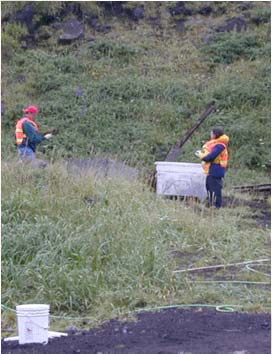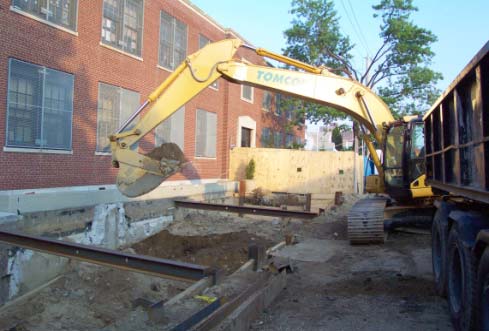
Real Estate & Property Environmental Due Diligence
Saban’s comprehensive Environmental Due Diligence-All Appropriate Inquiry services are tailored to the needs of our clients. In today’s business and litigious climate, it is increasingly important for our clients to understand the scope and magnitude of the potential financial exposure associated with environmental risks involving business decisions. Whether as part of a merger or acquisition, a commercial or industrial development, plant closure or sale, property repositioning for redevelopment or sale related to cleanup, or pre-financial support, Saban’s staff has the experience, understanding, and “know-how” to weave you through potential pitfalls to a successful conclusion.
Phase I & II Environmental Site Assessments (ESAs)
Saban has extensive experience in performing Phase I, II & III Environmental Site Assessments (ESAs) that meet the ASTM Standard E 1527-00, Standard Practice for Environmental Site Assessments. The ESA process is designed to assist with identification of recognized environmental conditions (RECs) and permits the user to satisfy one of the requirements to qualify for the innocent landowner defense pursuant to CERCLA.
NEPA Environmental Assessments
NEPA requires the consideration and evaluation of the potential environmental effects of proposed actions and to integrate those evaluations into the planning and decisionmaking process. Business transactions today must include consideration of environmental issues. Complex laws can impose significant environmental liabilities on purchasers, sellers, and lenders involved in a deal, whether or not they caused the problem, and whether or not they still own the property. Important rules published by EPA and many states provide defenses to environmental liabilities to mitigate the effects of hazardous substances found on the property. Saban recognizes the importance of due diligence information and appreciates the role it plays in a company’s decisions and on the bottom line. These decisions lay down the operating “ground rules” and can have a tremendous—or critical—bearing on the final outcome of a project. In many projects, success or failure often depends on the initial decisions made long before any action takes place.







